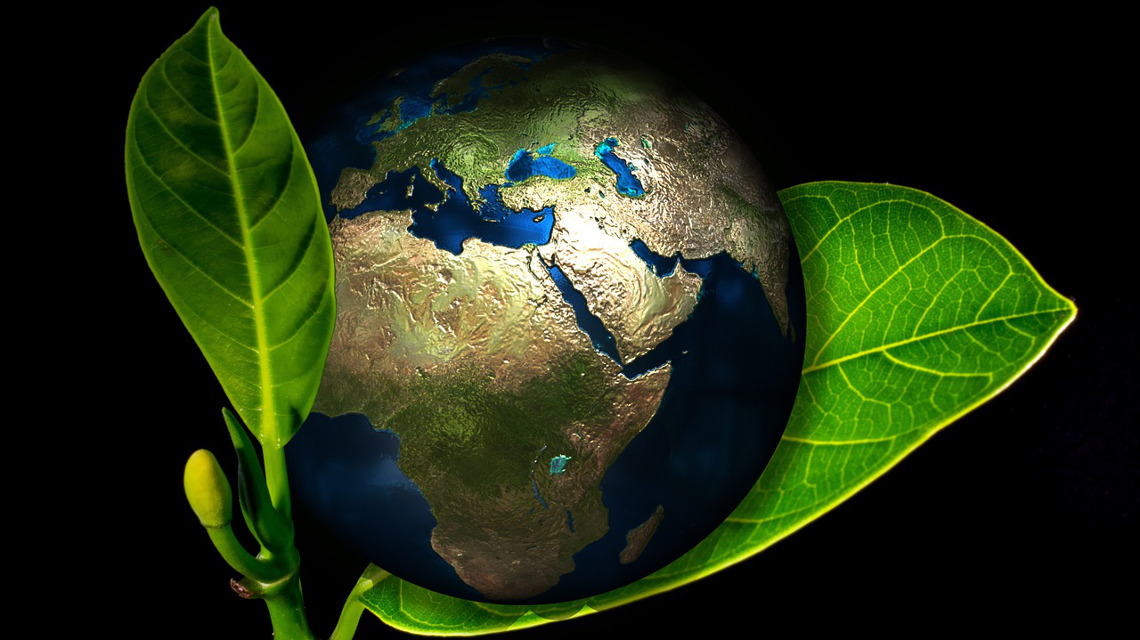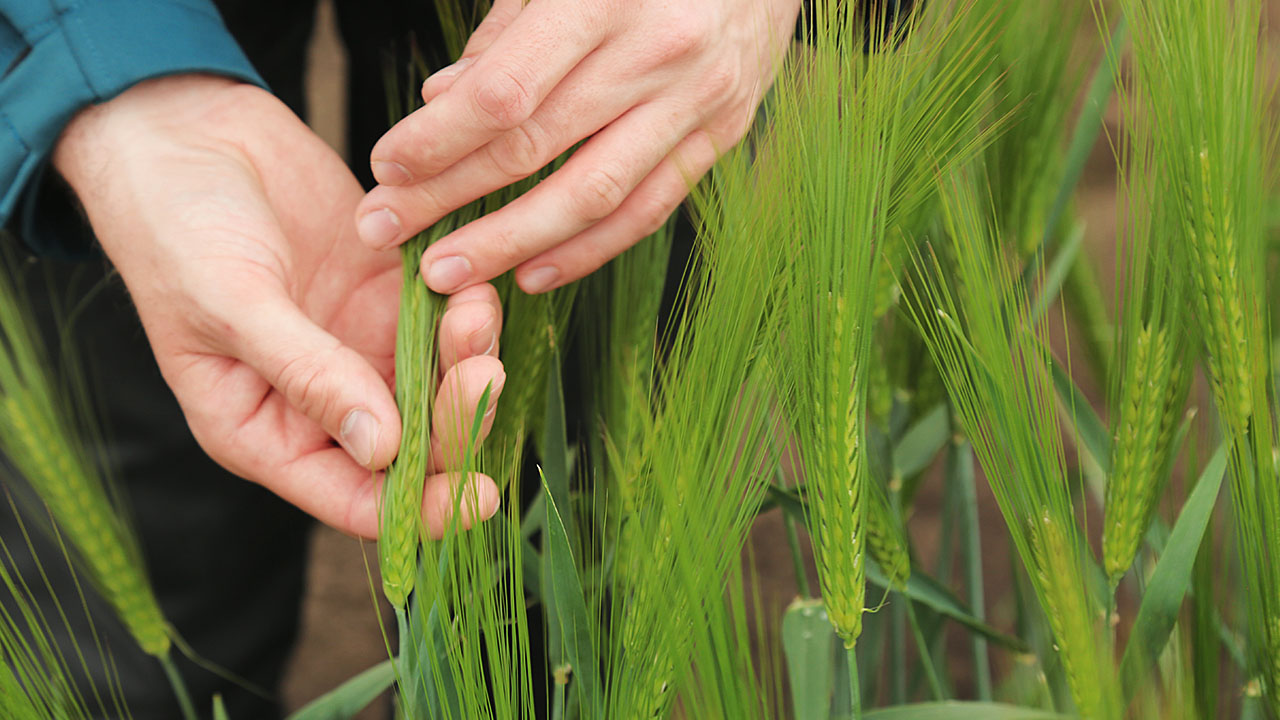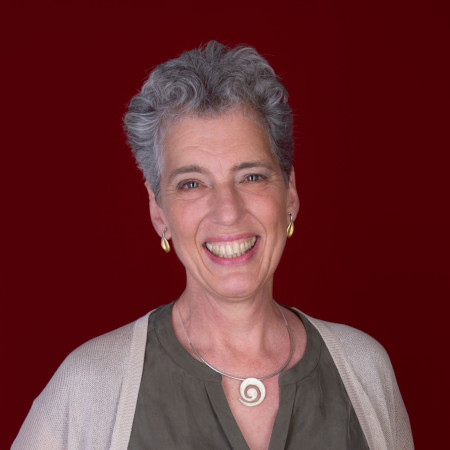Second global forum on green economy
International experts from politics and industry gathered in Berlin to discuss the implementation of the 2030 Agenda for Sustainable Development.

The 2030 Agenda for Sustainable Development established a number of agricultural goals regarding eco-friendly economic practices. However, especially the developing world is faced with decreased cost-efficiencies during the implementation of the environmentally-sound production processes. In order to address these issues, 40 ministers, CEOs, high-level representatives of UN agencies, nongovernmental organizations and trade unions, as well as more than 300 sustainable development experts gathered in Berlin.
Inequalities caused by economic deficiencies
The event from March 27-28 was the second conference of the Partnership for Action on Green Economy (PAGE), which is an alliance of five UN agencies and eleven countries. It was hosted by the German Ministry of Environment, Nature Conservation, Building and Nuclear Safety.
Part of the transformational goals and targets of the 2030 Agenda for Sustainable Development was to diminish inequalities as well as environmental degradation, yet, for some countries these goals appear to have only widened the gap and deepened the root economic deficiencies. During the two-day event in Berlin renowned economists explored ways of fighting these inequalities.
A clean and green economy for a healthy environment
“We don't have to choose between a healthy environment and a healthy economy: we can have both,” said UN Environment head, Erik Solheim. “Regardless of current politics, the irreversible global trend is to make our economies cleaner, fairer and more stable. What we need now is a great acceleration to make sure we achieve inclusive green economy while there is still enough green to go around.”
The Minister for the Environment, Nature Conservation, Building and Nuclear Safety of Germany, Barbara Hendricks also stresses that “The Sustainable Development Goals will not become a reality until they are powered by decisive action of both governments and private companies.” She further explains the need for a different kind of growth: “one which does not create social divides and which respects the planetary boundaries. Only real change can make the national economy of every country more sustainable and resilient.”
Particulary in Africa the sustainable development goals have initiated a big change regarding their agricultural approach. Edna Molewa, Minister of Environmental Affairs of South Africa highlights their efforts to realize the SDGs: “South Africa is currently implementing programs to promote energy efficiency, green transport, sustainable housing and climate resilient agriculture.”
jmr


